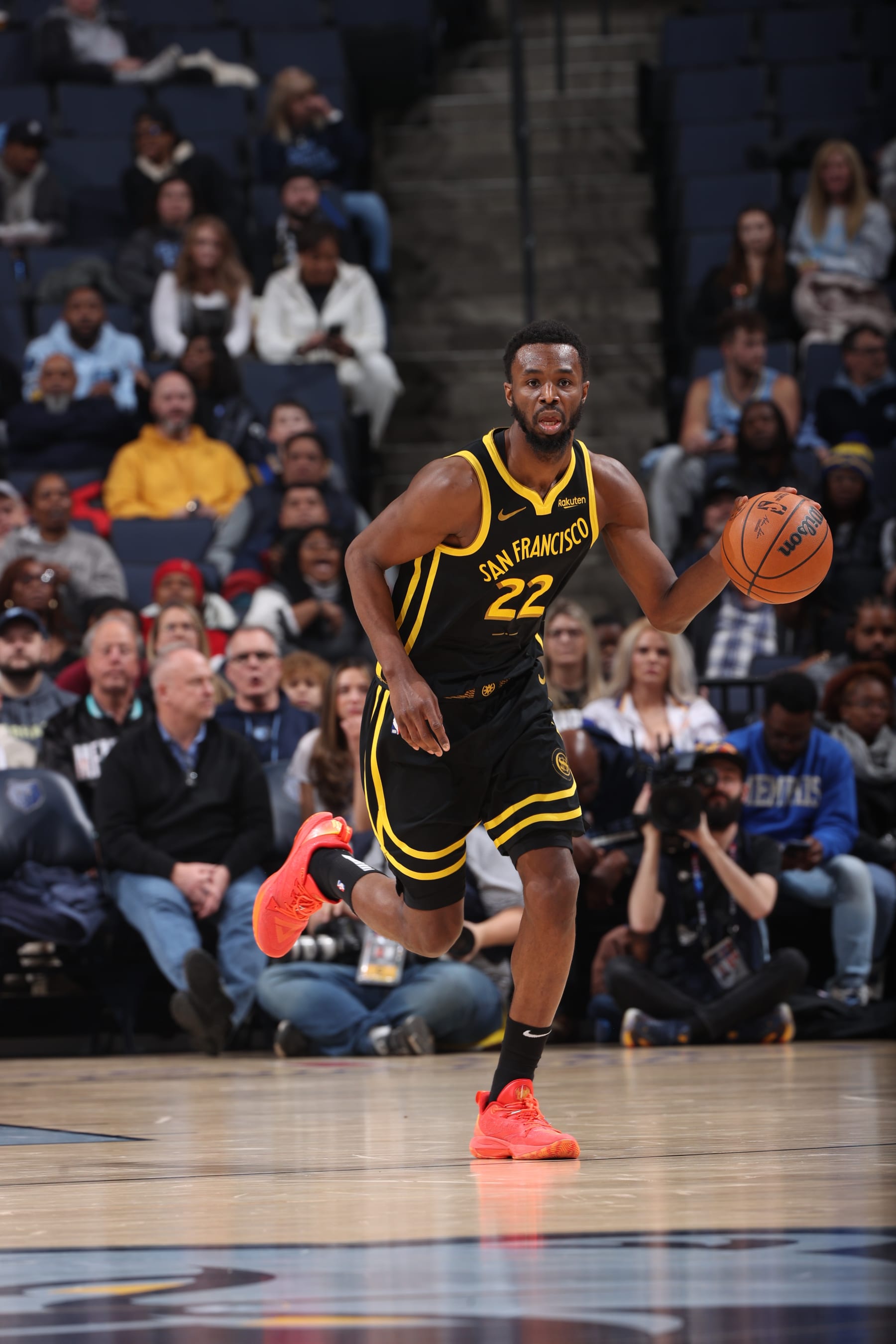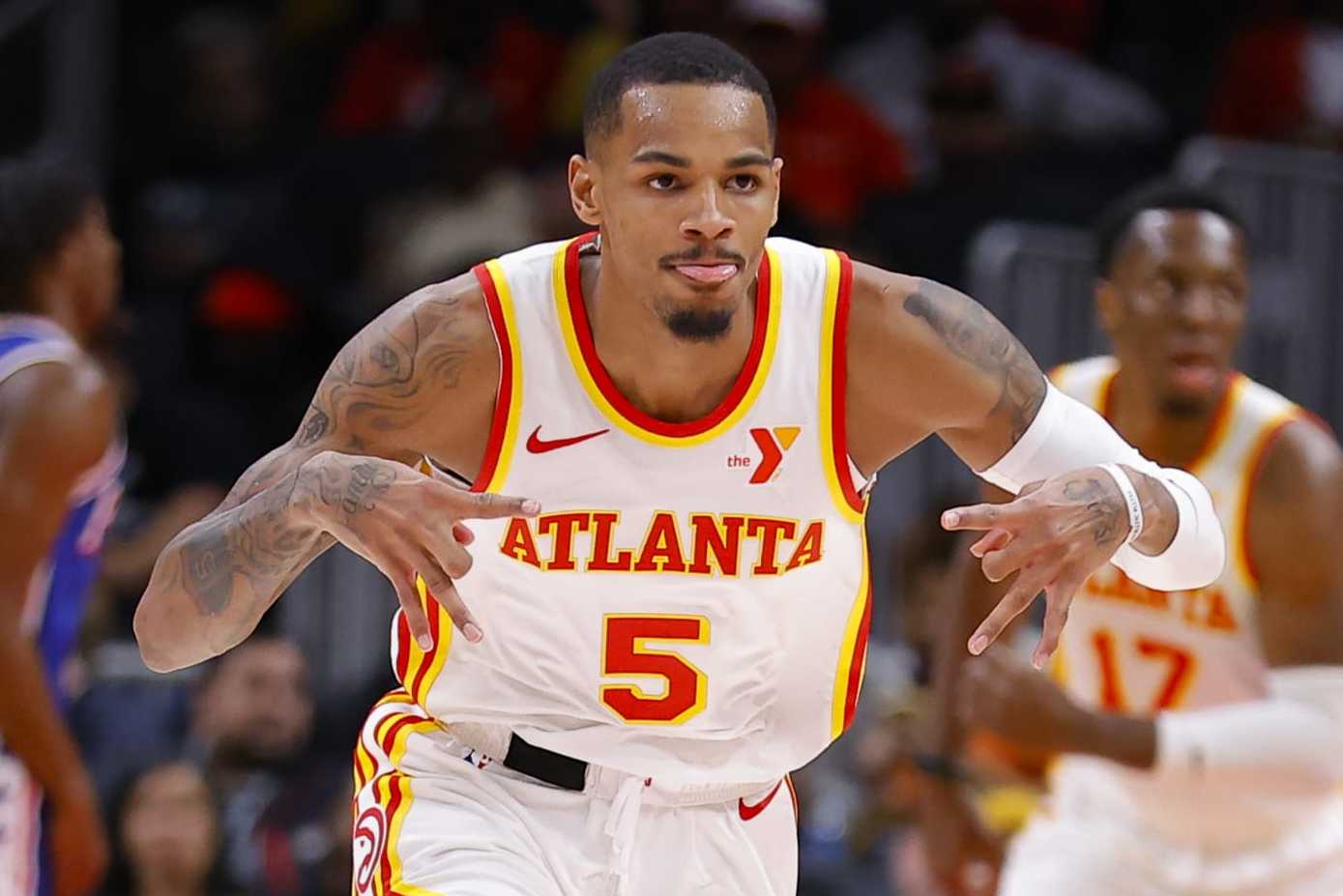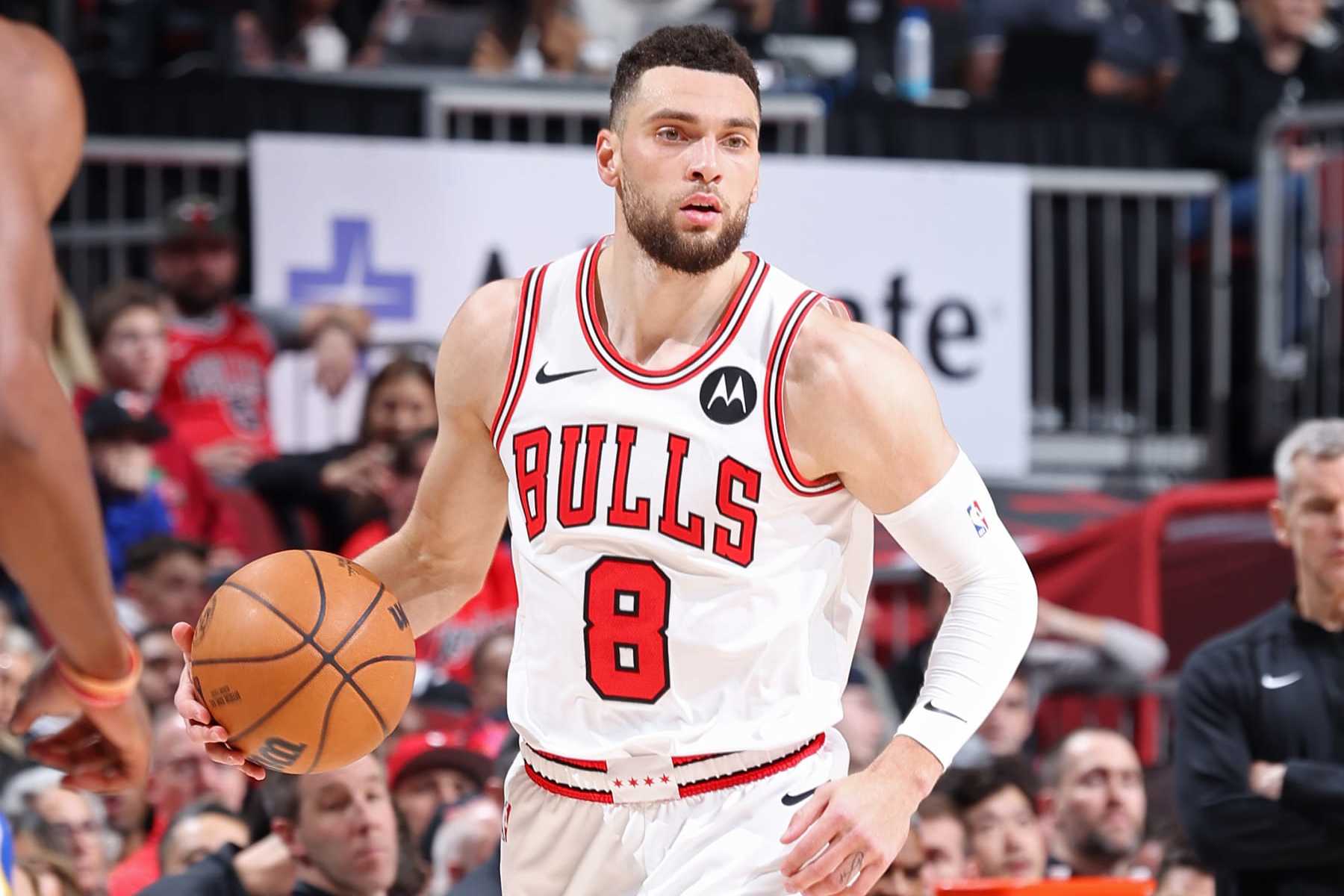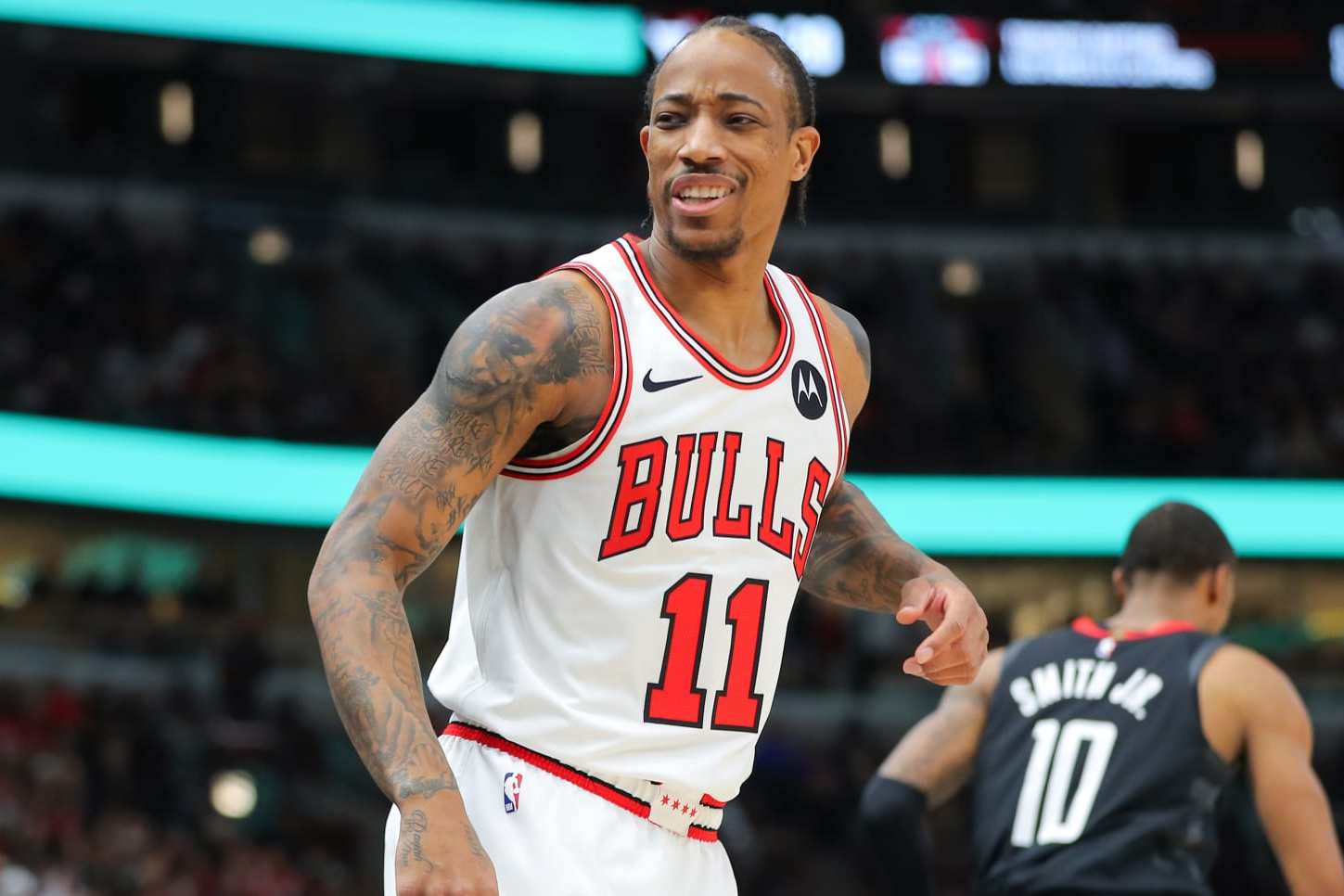Worst Realistic Landing Spots for Rumored NBA Trade Targets
Worst Realistic Landing Spots for Rumored NBA Trade Targets

Trade season in the NBA is a time of optimism. As rumors build and reports amass suggesting stars could be on the move, it becomes increasingly easy for fanbases to talk themselves into the bright side of every theoretical acquisition.
While it's true that Zach LaVine, Pascal Siakam, Dejounte Murray and the other stars at the center of the hottest trade discussions are good enough to make an impact anywhere, we need to keep in mind that some destinations make more sense than others.
And we also need to acknowledge that certain landing spots should be avoided entirely.
Whether it's the cost, the roster mix, the wrong fit relative to a team's broader timeline or any number of other concerns, some landing spots are fraught with trouble.
Here, we'll lay out one stay-away destination for each of the biggest names on the block.
Dejounte Murray: New York Knicks

Potential trade-season headliners Siakam and Zach LaVine come with complications in the form of impending free agency and a massive contract, respectively. That means Dejounte Murray and his eminently reasonable four-year, $114 million contract are only going to look more appealing to risk-averse suitors.
A former All-Star, All-Defensive second-teamer and steals champ, the 27-year-old combo guard comes with fewer fit issues and cost concerns than most of his available peers. That's why Jake Fischer of Yahoo Sports reported Murray has "generated a substantial market during preliminary conversations around the league" with the Lakers, Knicks, Sixers, Heat and Pistons "expected to engage Atlanta about acquiring Murray."
Of that group, the New York Knicks should be wariest of pursuing him.
Though the main driver of New York's OG Anunoby acquisition was basically "Anunoby is really good, and we should get him," the team's uncertainty about paying Immanuel Quickley a market-rate contract this offseason was also a factor. And if the Knicks weren't sure Quickley fit well enough next to Jalen Brunson to give him upward of $100 million over four years, why should they feel differently about Murray?
By many measures, Quickley has been flat-out better than Murray this season, posting nearly identical per-36 point, assist and rebound averages while scoring more efficiently, turning it over less often and grading out better in catch-all metrics like Box Plus/Minus. Three years Murray's junior, Quickley could rightly be viewed as the more valuable player...and the Knicks just dealt him away.
The failure of the Murray-Trae Young tandem in Atlanta offers further evidence that Murray is probably best suited to running his own team, something he wouldn't get to do with the Knicks.
New York is getting decent production from reserve guard Miles McBride since the Anunoby trade, which diminishes the urgency of a search for another ball-handler.
As valuable as Murray is in a vacuum, especially compared to the other big names on the market, he just doesn't make sense as a target for New York, which should continue keeping its powder dry.
Zach LaVine: Orlando Magic

Recent history suggests the Orlando Magic should consider any trade offer from the Chicago Bulls. The Magic are one of the East's top up-and-comers, and they're in such a strong position today because of the deal they swung with Chicago in 2021 that sent out Nikola Vucević for a package that included Wendell Carter Jr. and two first-round picks, one of which became Franz Wagner.
Orlando is unlikely to come out so far ahead on a trade that brings in Zach LaVine.
While it's crystal clear the Magic need more backcourt scoring punch and must do what they can to climb from their current No. 27 ranking in three-point attempt rate, LaVine is a cost-prohibitive, potentially growth-stunting addition who'd also complicate near-term financial planning.
Orlando's defense is legit, and the Paolo Banchero-Wagner combo is good enough to justify some win-now thinking. But those two are already closer to extension eligibility than you might imagine (Wagner this summer and Banchero the following one), and onboarding LaVine's remaining three years and $138 million would mess up Orlando's otherwise squeaky clean books.
If LaVine were an ideal fit, it would be worth it for the Magic to give up what it'd take to get him. But cheaper alternatives—Terry Rozier, Dejounte Murray, Malcolm Brogdon and Anfernee Simons—would bring nearly as much value without requiring a max-salary commitment.
DeMar DeRozan: Los Angeles Lakers

The Los Angeles Lakers might be the one team that actually makes sense as a Zach LaVine destination. They need offense, LaVine is a Klutch client and it seems virtually no one else is willing to give up real assets for the remaining three years and $138 million on his deal. Even with the broader market being justifiably cool on LaVine, you can talk yourself into him being the right fit (for the right price) in L.A.
That cannot be so easily said of LaVine's teammate, DeMar DeRozan.
Sure, DeRozan's relatively reasonable $28.6 million comes off the books this summer. And sure, the Lakers' interest in the SoCal native goes back a while. But even a team as desperately in need of offensive juice as the Lakers has to understand that DeRozan isn't the type of scorer they need.
Los Angeles is 29th in three-point attempt frequency and 20th in accuracy. A high-usage wing shooting 35.4 percent on only 2.8 attempts per game in no way addresses that issue.
DeRozan has never been a high-volume three-point shooter but is still a gifted isolation creator who can get his own shot in the high post. Yet at 34 he's even slipping in his preferred scoring zone, as evidenced by his lowest mid-range accuracy rate since 2018-19.
The Lakers need someone to command defensive attention off the ball if they ever want to get their offense unstuck, and DeRozan simply doesn't do that. He wouldn't be quite as poor of a fit as Russell Westbrook was, but DeRozan's game presents a lot of the same fit issues.
If the price to land him is nothing more than unwanted salary and a second-round pick, that changes things. But it'd be trade-deadline malpractice if the Lakers included the one first-rounder they're allowed to move (either 2029 or 2030) in a deal to land such an ill-fitting piece.
Stats courtesy of NBA.com, Basketball Reference and Cleaning the Glass. Accurate entering games played Tuesday, Jan. 16. Salary info via Spotrac.
Grant Hughes covers the NBA for Bleacher Report. Follow him on Twitter (@gt_hughes), and subscribe to the Hardwood Knocks podcast, where he appears with Bleacher Report's Dan Favale.
